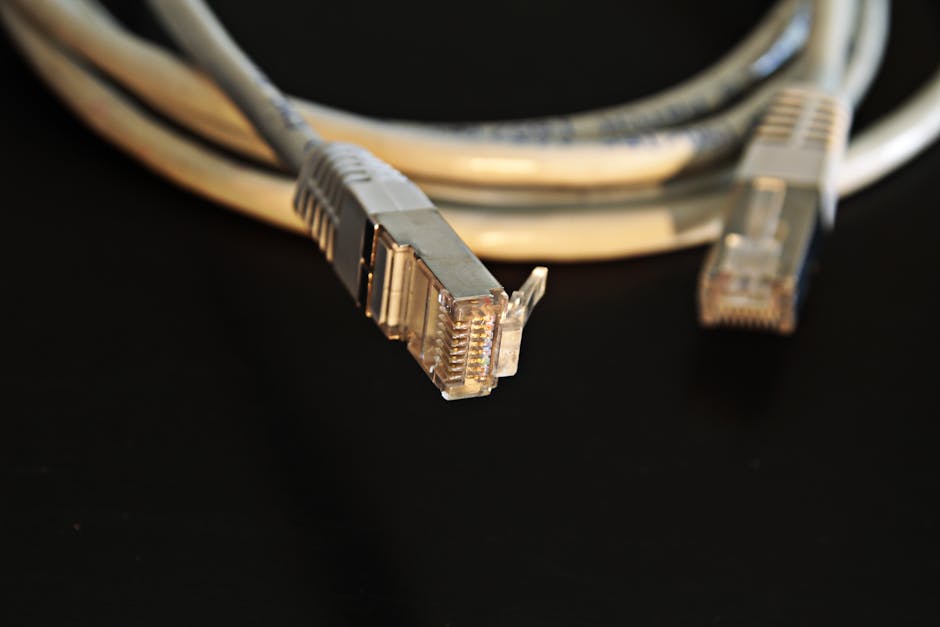Solar UPS System For Home
As the world shifts towards renewable energy, solar power has emerged as a leading solution for sustainable living. One of the most effective ways to harness solar energy for everyday use is through a Solar Uninterruptible Power Supply (UPS) system. This article will explore what a Solar UPS system is, how it works, its benefits, and how to choose the right one for your home. Let’s dive into the world of solar energy and discover how it can power your home efficiently!
What is a Solar UPS System?
A Solar UPS system combines solar panels, batteries, and an inverter to provide a reliable power source for your home. Unlike traditional UPS systems that rely solely on grid electricity, a Solar UPS harnesses energy from the sun, storing it for use during power outages or when the grid is down.
Key Components of a Solar UPS System
- Solar Panels: These capture sunlight and convert it into electricity.
- Batteries: Store the electricity generated by the solar panels for later use.
- Inverter: Converts the stored DC (direct current) electricity from the batteries into AC (alternating current) electricity, which is used by most household appliances.
- Charge Controller: Regulates the voltage and current coming from the solar panels to prevent overcharging the batteries.
How Does a Solar UPS System Work?
The operation of a Solar UPS system is straightforward. Here’s a step-by-step breakdown:
- Solar Energy Collection: Solar panels installed on your roof or in your yard capture sunlight and convert it into electricity.
- Energy Storage: The generated electricity is directed to the batteries, where it is stored for later use.
- Power Conversion: When you need electricity, the inverter converts the stored DC electricity into AC electricity, making it usable for your home appliances.
- Backup Power Supply: In the event of a power outage, the Solar UPS system automatically switches to battery power, ensuring that your essential devices remain operational.
Benefits of a Solar UPS System
Investing in a Solar UPS system offers numerous advantages for homeowners. Here are some key benefits:
- Energy Independence: By generating your own electricity, you reduce reliance on the grid and protect yourself from rising energy costs.
- Environmental Impact: Solar energy is clean and renewable, helping to reduce your carbon footprint and combat climate change.
- Reliable Backup Power: A Solar UPS ensures that you have power during outages, keeping essential devices running smoothly.
- Cost Savings: While the initial investment may be significant, the long-term savings on electricity bills can be substantial.
- Increased Property Value: Homes equipped with solar energy systems often see an increase in property value, making them more attractive to potential buyers.
Choosing the Right Solar UPS System for Your Home
When selecting a Solar UPS system, several factors should be considered to ensure it meets your needs effectively:
1. Assess Your Energy Needs
Start by evaluating your household’s energy consumption. Consider the following:
- Identify essential appliances that need backup power (e.g., refrigerator, lights, medical devices).
- Calculate the total wattage required to run these appliances simultaneously.
- Consider your daily energy usage to determine the size of the solar system needed.
2. Determine Battery Capacity
The battery capacity is crucial for how long your system can provide power during an outage. Look for:
- Battery type (Lithium-ion vs. Lead-acid): Lithium-ion batteries are more efficient and have a longer lifespan.
- Capacity measured in kilowatt-hours (kWh): Ensure it meets your energy needs during outages.
3. Evaluate Solar Panel Efficiency
Not all solar panels are created equal. Consider the following:
- Efficiency rating: Higher efficiency panels convert more sunlight into electricity.
- Durability: Look for panels with a good warranty and proven performance in various weather conditions.
4. Inverter Quality
The inverter is a critical component of your Solar UPS system. Ensure it has:
- A high conversion efficiency to minimize energy loss.
- Features like grid-tie capability if you plan to connect to the grid in the future.
5. Installation and Maintenance
Consider the installation process and ongoing maintenance:
- Choose a reputable installer with experience in solar UPS systems.
- Inquire about maintenance requirements and warranties for all components.
Installation Process of a Solar UPS System
Installing a Solar UPS system involves several steps. Here’s what to expect:
- Site Assessment: A professional will evaluate your property to determine the best location for solar panels and equipment.
- System Design: Based on your energy needs, a customized system design will be created.
- Permitting: Necessary permits will be obtained from local authorities before installation begins.
- Installation: Solar panels, batteries, and inverters will be installed according to the design specifications.
- System Testing: Once installed, the system will be tested to ensure everything is functioning correctly.
- Monitoring Setup: Many systems come with monitoring tools to track energy production and usage.
Maintenance of Your Solar UPS System
To ensure your Solar UPS system operates efficiently, regular maintenance is essential. Here are some tips:
- Regular Inspections: Check for any visible damage to solar panels and connections.
- Clean Solar Panels: Dust and debris can reduce efficiency. Clean them periodically, especially after storms.
- Battery Maintenance: Monitor battery health and replace them as needed to ensure optimal performance.
- Professional Servicing: Schedule regular check-ups with a qualified technician to keep your




